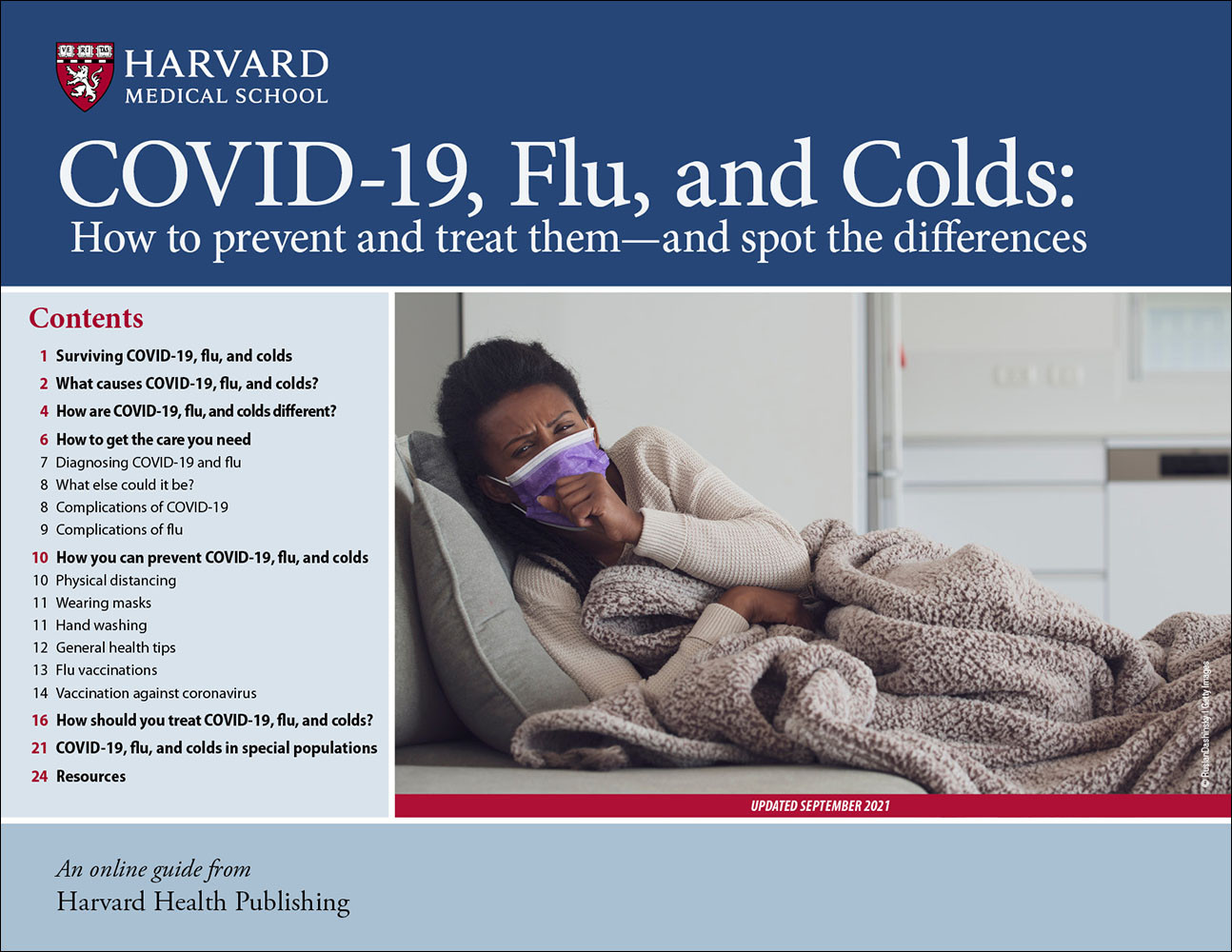Did COVID cause my shortness of breath?
On call

Q. I had COVID four months ago. I did not need hospitalization, and the symptoms disappeared in about one week. However, I have been feeling short of breath since then. Is this from COVID or something else?
A. When considering what might have caused your shortness of breath, I like to consider four general categories: a lung issue, a heart problem, anemia (low red blood cell count), and deconditioning.
Since you were only sick with COVID for one week, deconditioning secondary to such a short illness is less likely, except if you were already more sedentary due to health issues. So, let's put this cause aside for now.
Regarding the other three categories, knowing if you have other symptoms besides shortness of breath is also important. For example, coughing and wheezing would indicate a lung problem. Even people who have never had asthma can develop asthma-like symptoms after a viral respiratory illness like COVID.
Shortness of breath from a heart problem could be due to a weak or stiff heart, which can diminish the heart's pumping ability, known as cardiomyopathy. With cardiomyopathy, people also can experience ankle swelling from fluid retention and difficulty breathing when lying down. Also, most people with coronary artery disease — plaque buildup in the walls of arteries that supply blood to the heart — experience chest pain with exertion, but sometimes shortness of breath is the only symptom.
A low red blood cell count, especially anemia due to iron deficiency, would be less likely than the other causes mentioned. Besides shortness of breath, other signs of anemia are pale skin and weakness.
Circling back to COVID as either a cause or contributing factor, there's a good chance your doctor won't be able to specifically answer that question. Regardless, if you've had four months of shortness of breath, you definitely need a medical evaluation to help determine the underlying problem (and the sooner the better).
Your doctor will likely take a detailed history of your symptoms and perform a physical exam focusing on the heart and lungs. Initial diagnostic tests will likely include wearing a finger probe to measure your blood oxygen level, a blood test to check for anemia, and chest imaging with a chest x-ray or CT scan. Additional investigation might include an echocardiogram, which uses sound waves to assess heart function, and an evaluation of your breathing (called pulmonary function tests).
The good news is that you and your doctor can formulate a treatment plan to help improve your symptoms, even if you don't discover the specific reason for the shortness of breath.
Image: © Synthetic-Exposition/Getty Images
About the Author

Howard E. LeWine, MD, Chief Medical Editor, Harvard Health Publishing; Editorial Advisory Board Member, Harvard Health Publishing
Disclaimer:
As a service to our readers, Harvard Health Publishing provides access to our library of archived content. Please note the date of last review or update on all articles.
No content on this site, regardless of date, should ever be used as a substitute for direct medical advice from your doctor or other qualified clinician.
















